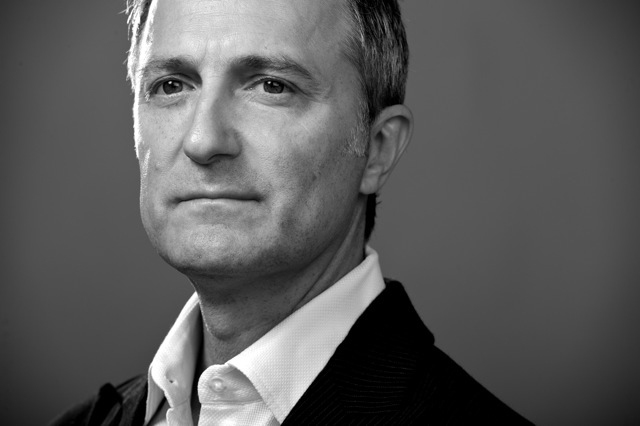The Influential Power of Uncertainty
Certainty is a lofty goal. We all strive to be certain about our choices and recommendations, but the reality is certainty is a continuous work in process. People don’t expect you to be absolutely certain, but they expect you to be transparent in your efforts to be certain. That’s how I read this study. If you think about it, honesty, clarity, and transparency make for the most effective communication in all areas of our lives. The power of trying to be certain in the right ways will speed progress.
BY ANDREW HANELLY
Nobody can possibly know everything.
And we tend to look through a thick lens of skepticism to anyone who claims they do (here’s looking at you, gurus, ninjas, and self-proclaimed experts).
It may be that we’re cynical toward braggarts and wary of for-profit prophets with an agenda hidden behind their proclamation of knowledge, but it could be something more.
According to new research from Zakary Tormala, “[people] don’t necessarily mistrust confident experts, but we’re more persuaded by experts who are not confident,” he said in an interview with Harvard Business Review.
A description of the research:
“Subjects read a review that gave a new eatery four out of five stars. Half the subjects read a write-up by a professional food critic, and the other half, one by an amateur. Half of each group saw a review that was highly certain; the rest, a review that was tentative. The subjects were then asked how good they thought the restaurant would be … People who read the tentative professional review were willing to pay 56% more than people who’d read the highly certain professional review.”
It seems counterintuitive but there may be value in showing not playing your hand close to the vest and showing your audience what you’re holding – even if some of your cards are wild cards.
Admitting that you don’t know, but that you are committed to continually learning can be the most powerful promise you can make.
People can accept that experts don’t know everything. They are turned off when they claim they do. And they are most confident in an expert who is committed to improving, acquiring new knowledge, and staying as informed as possible.




 facebook.com/thomasbutta
facebook.com/thomasbutta twitter.com/thomasbutta
twitter.com/thomasbutta linkedin.com/in/tombutta
linkedin.com/in/tombutta
Recent Comments